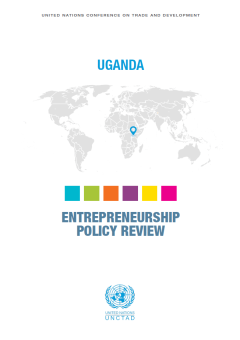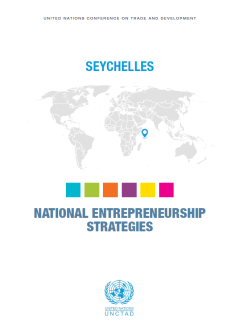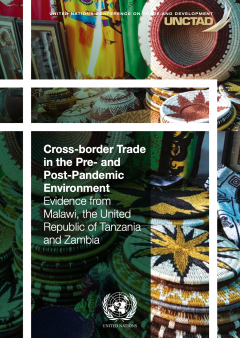Based on UNCTAD’s Entrepreneurship Policy Framework, activities under cluster 1 aim at incorporating policy responses for MSME resurgence, including capacity building for policy makers and other stakeholders to enhance policy response, implement standards and to develop longer term strategies of entrepreneurship and MSME promotion. The exchange of best practices is facilitated by the regional networks of policy makers developed by the MSME Resurgence project. They play a key role in enabling capacity building in policy formulation for entrepreneurship and MSME development and in developing and implementing standards and best practices.
In the area of entrepreneurship skills, the project is delivering capacity building activities in collaboration with UNCTAD’s network of Empretec centres and experienced International Master Trainers. Online training platforms and demand-driven, customized tools, including a full online version of the Empretec Training Workshop- are being built. The activities build on more than 30 years of Empretec’s implementation and its impactful results, they aim at quipping entrepreneurs and MSME owners with behavioural based tools as a way of fostering their motivation to start new ventures, expand their businesses and to better cope with the short-term and medium-term challenges brought by Covid-19. A second capacity building component on the informal cross-border trade is delivered by UNCTAD with focus on the challenges faced by women.

Outputs
Entrepreneurship Policy Review - Uganda
The integration of new entrepreneurship elements in the NES is timely and builds on the efforts made by governmental institutions over the past decade. As the diagnostic assessment outlines the main barriers to entrepreneurs in Uganda, this document is concise and focuses on priority interventions.





